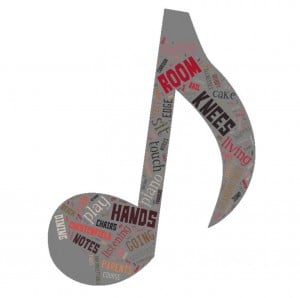 Use the following text, copy it to a word document, and play with where the lines should end to create your own version of this poem. See if you can use line length / endings as dramatically as the author does.
Use the following text, copy it to a word document, and play with where the lines should end to create your own version of this poem. See if you can use line length / endings as dramatically as the author does.
I sit on the edge of the dining room, almost in the living room where my parents, my grandmother, & the visitors sit knee to knee along the chesterfield & in the easy chairs. The room is full & my feet do not touch the floor, barely reach the rail across the front of my seat. Of course you will want Bobby to play – words that jump out from the clatter of teacups & illnesses. The piano is huge, unforgettable. It takes up the whole end wall of the living room, faces me down a short corridor of plump knees, balanced saucers, hitched trousers. ‘Well when is Bob going to play?’ one of them asks. My dad says, ‘Come on, boy, they’d like you to play for them,’ & clears a plate of cake from the piano bench. I walk between the knees & sit down where the cake was, switch on the fluorescent light above the music. Right at the first notes the conversation returns to long tales of weddings, relatives bombed out again in England, someone’s mongoloid baby, & there I am at the piano with no one listening or even going to listen unless I hit sour notes, or stumble to a false ending. I finish. Instantly they are back to me. ‘What a nice touch he has,’ someone interrupts herself to say. ‘It’s the hands,’ says another, ‘It’s always the hands, you can tell by the hands,’ & so I get up & hide my fists in my hands.
Option: Open the following website, paste the poem text into it, and configure the settings to get the most appropriate visual representation of the poem’s theme or tone as you can.
